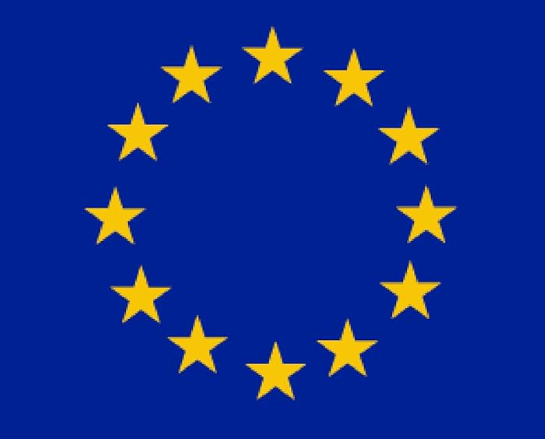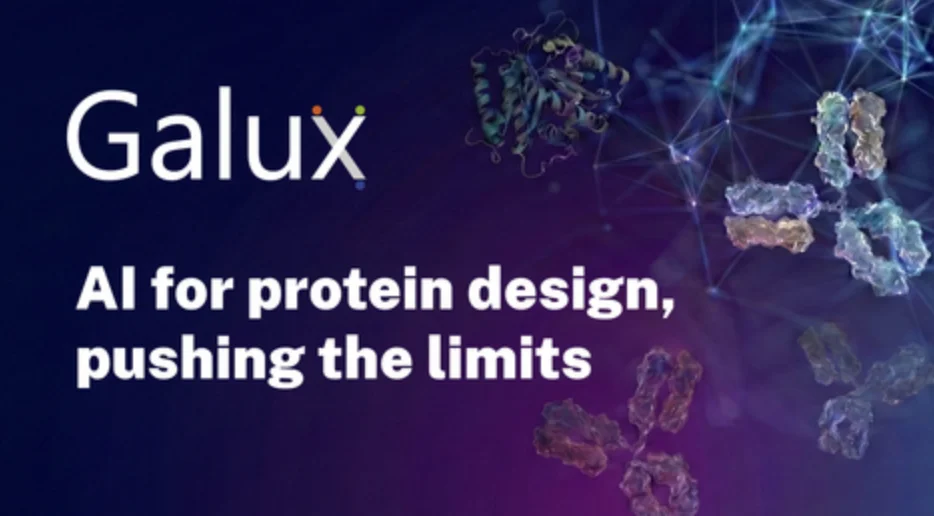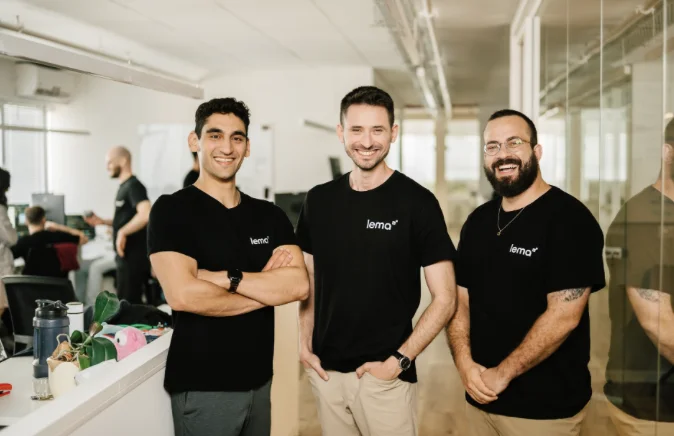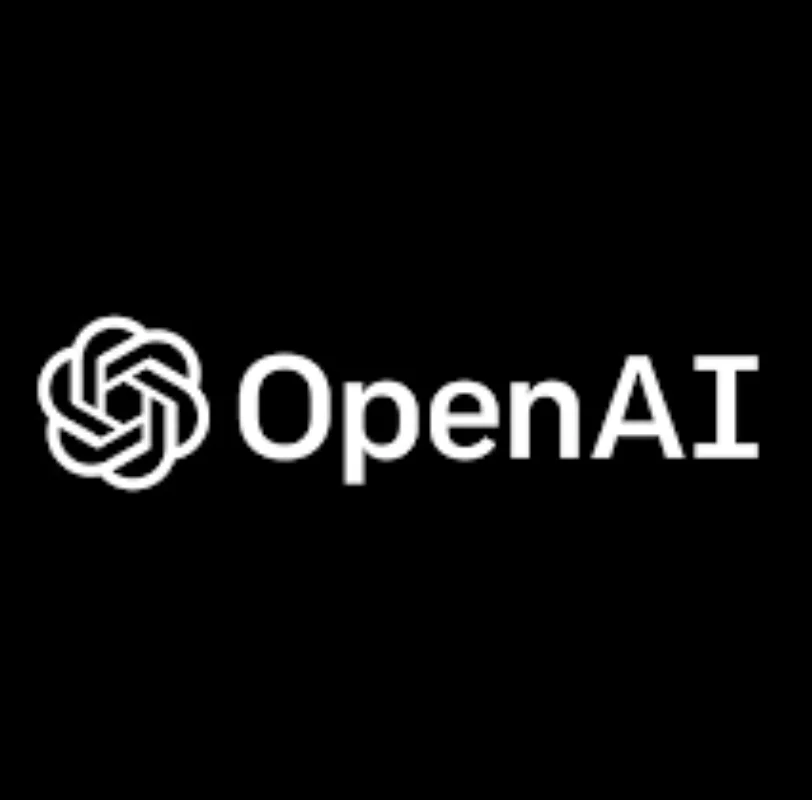On Wednesday, the European Union Parliament approved the world’s first extensive AI regulatory framework, garnering 523 votes in favor. This landmark legislation, known as the EU AI Act, categorizes artificial intelligence (AI) applications by risk level, from “unacceptable” to low, and aims to both foster innovation and protect fundamental rights. Set to take effect after May, following European Council endorsement, its implementation will begin in 2025.
“Europe is NOW a global standard-setter in AI,” Thierry Breton, the European commissioner for internal market, wrote on X.
Roberta Metsola, the president of the European Parliament, hailed the act as pioneering, emphasizing its role in fostering innovation and protecting fundamental rights.
“Artificial intelligence is already very much part of our daily lives. Now, it will be part of our legislation too,” she wrote in a social media post.
Dragos Tudorache, the legislator responsible for guiding the EU negotiations on the accord, praised the agreement but pointed out that implementation poses the greatest challenge.
“The AI Act has pushed the development of AI in a direction where humans are in control of the technology, and where the technology will help us leverage new discoveries for economic growth, societal progress, and to unlock human potential,” Tudorache said on social media on Tuesday.
“The AI Act is not the end of the journey, but, rather, the starting point for a new model of governance built around technology. We must now focus our political energy in turning it from the law in the books to the reality on the ground,” he added.
This act represents the EU’s effort to balance technological advancement with ethical standards, amidst concerns over AI’s potential for misuse, such as deepfakes influencing elections. It also reflects the broader strategy to regulate dominant tech companies, evidenced by the recent enactment of the Digital Markets Act targeting U.S. and Chinese tech giants. This legislative push underscores the EU’s commitment to becoming a competitive force in the global tech landscape while ensuring the responsible development and use of AI technology.






